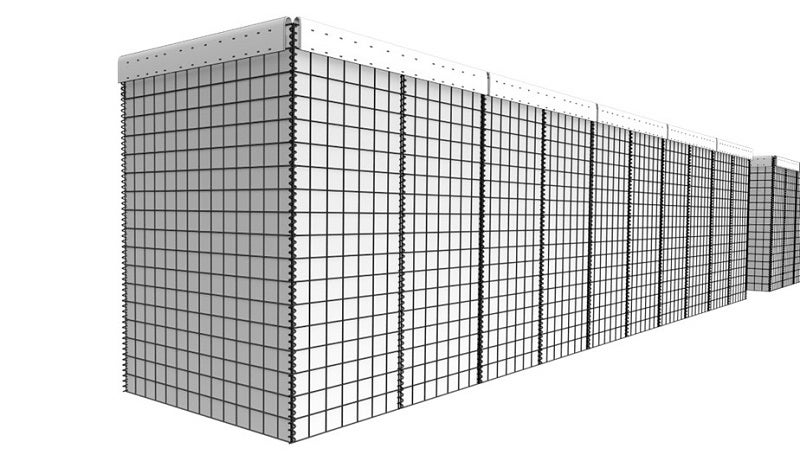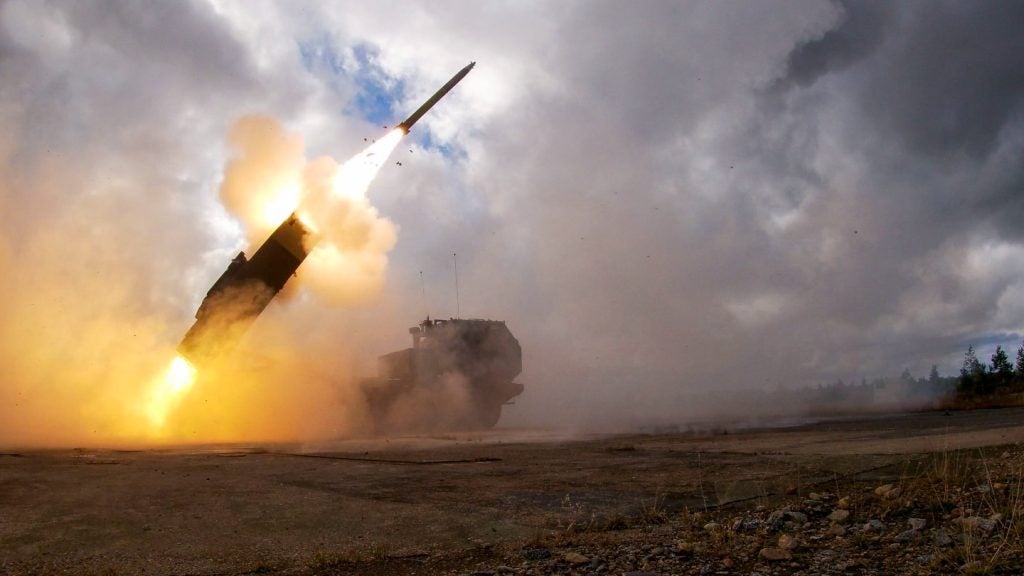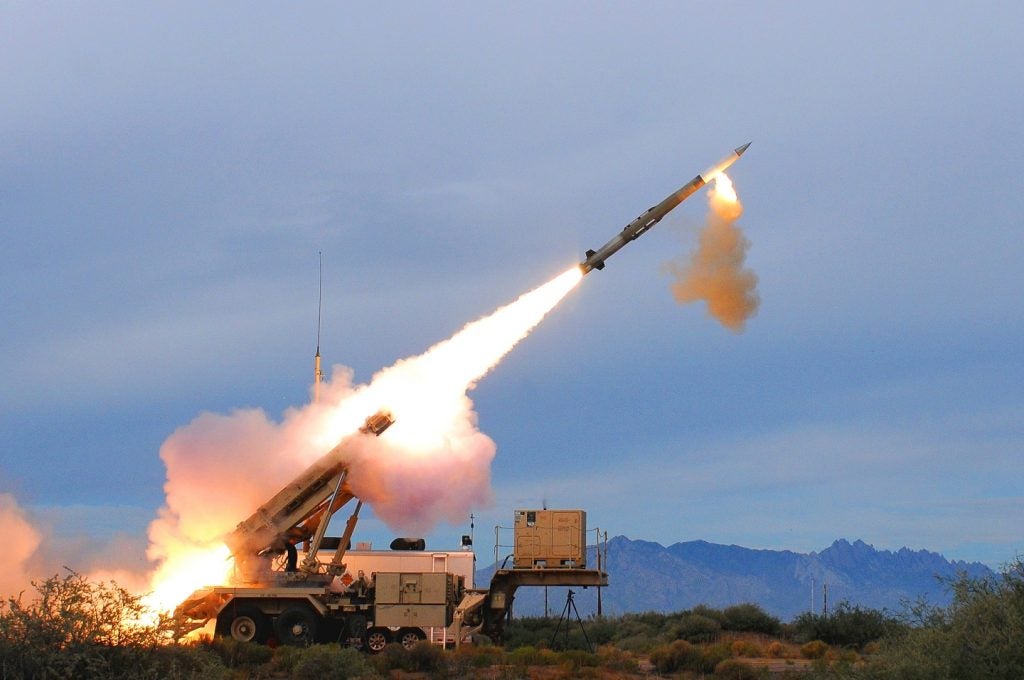
The UK will send fortified barriers to Ukraine in response to Russian strikes against military and civilian people, assets and critical national infrastructure.
Defence Equipment and Support (DE&S), the procurement arm for UK Defence, has contracted the Leeds-based manufacturer, DIRICKX Systems, for these walls. They have so far delivered more than 100 kilometres of them.
Known as ‘Expeditionary Barriers’ (EBs), they are designed to protect against a wide range of threats including blasts, hostile vehicle impact and even “a direct [ballistic] missile hit.” For additional impact absorption, the barriers contain earth, sand or other forms of granular material.
The EB units are prefabricated, easily assembled, and flat-packed for optimal logistical efficiency. These can be constructed with minimal manpower in less than 20 minutes.
The units create a way to set up perimeter security as they can be connected in any configuration to suit specific operational needs. The EB units are available in standard and bespoke sizes.
Constructed of zinc-aluminium coated steel and filled with natural materials, EB units provide a simple, effective and robust solution to the protection of land targets, beyond the Ukrainian government’s repeated calls for more to be done in strengthening its interception capabilities.
How well do you really know your competitors?
Access the most comprehensive Company Profiles on the market, powered by GlobalData. Save hours of research. Gain competitive edge.

Thank you!
Your download email will arrive shortly
Not ready to buy yet? Download a free sample
We are confident about the unique quality of our Company Profiles. However, we want you to make the most beneficial decision for your business, so we offer a free sample that you can download by submitting the below form
By GlobalData
Russian strikes
Russia, a country that has waged an aggressive invasion of Ukraine for more than two-and-a-half years, inflicted its heaviest strike in the war at the end of August 2024. It comprised a barrage of missiles and drones targeting Ukraine’s national infrastructure.
Altogether, the strikes targeted more than half of Ukraine’s regions, that is 15 out of 24 Ukrainian oblasts. These systems were largely targeting Ukrainian critical infrastructure and causing significant damage to Ukraine’s energy grid.
Further protection is needed to safeguard valuable installations and assets in cases where air defence is overwhelmed. The President of Ukraine, Volodymyr Zelenskyy, has repeatedly called on Western donors to offer more air defence support.
One suggestion included a collective air defence network that would assist Ukraine with its interception rate. “If such unity has worked so obviously well in the Middle East,” in securing Israeli territory, “it should work in Europe as well,” he argued in the aftermath of the strikes.
The head of state has also lobbied for US government approval for the use of long-range weapons, which contain American components, against fixed site targets inside Russian territory. Afraid of provoking the nuclear-sabre-rattling invader, the US has refused to change its position on the matter.
With their hands tied, Ukraine must resort to bolstering their ground defences with solutions such as the EB units.
Ukraine military assistance
DIRICKX Systems won contracts for its fortified walls from DE&S on behalf of the International Fund for Ukraine.
This global contributor’s pool, led by the UK government, including participation from eight other donors, recently exceeded the £1bn ($1.3bn) mark. These EB units are one of the latest packages of military support to be committed after the milestone.
It is also worth noting that Western intelligence services identified that Russian cyber units are targeting allied military assistance bound for Ukraine.
This concern will doubtless leave many donors eager to shore-up any enduring vulnerabilities in their logistical processes in delivering Ukraine’s requirements.
On 13 September, Finland announced that while it committed its 25th increment of military assistance to the war-torn country, worth €118m ($131m), which “for operational reasons, and to ensure that the delivery reaches its destination safely, more detailed information on the content of the assistance, the way it is delivered or schedule will not be provided.”






